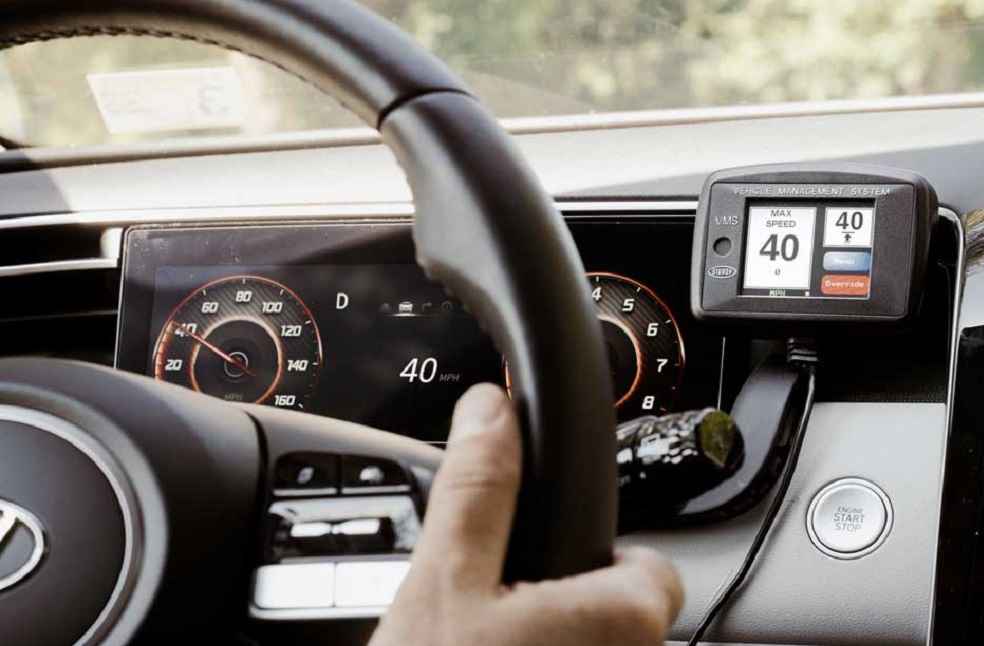California Governor Gavin Newsom vetoed a bill that would have required new vehicles to alert drivers when they exceed the speed limit. The speeding alerts aimed to reduce traffic deaths by making California the first U.S. state to mandate speed alert technology for all new cars, trucks, and buses starting in 2030.
The bill sought to introduce intelligent speed assistance systems, which use GPS to compare a vehicle’s speed against posted limits. Vehicles exceeding the speed limit by at least 10 mph (16 kph) would emit an audio and visual alert. Exceptions would apply to emergency vehicles, motorcycles, and motorized scooters.
Governor Newsom explained his veto, noting that federal law already sets vehicle safety standards, and adding California-specific requirements could create regulatory inconsistencies. The National Highway Traffic Safety Administration (NHTSA) is currently evaluating similar speed assistance systems, and Newsom expressed concerns that state-level mandates could disrupt ongoing federal assessments.

Opponents, including automotive groups and the California Chamber of Commerce, argued that such regulations should be handled federally. They also raised concerns that the added technology could increase vehicle costs and distract drivers. Republican lawmakers agreed that federal oversight would be more suitable.
If implemented, the law would likely have affected car sales nationwide, as California’s market is significant enough that manufacturers would comply with its standards. This influence has been seen in California’s emissions policies, which have impacted national and international standards.
Democratic State Senator Scott Wiener, who sponsored the bill, criticized the veto as a setback for street safety. Wiener compared it to Wisconsin’s pioneering seatbelt mandate from 1961 and argued that the veto leaves Californians at greater risk of preventable fatalities.

The speeding alert technology, already mandated for new cars in the European Union, has been available in various forms in the U.S. and Europe. Automakers such as Ford, BMW, Mercedes-Benz, and Nissan have offered models with speed limiter features, and in Europe, drivers can turn off the alert system.
The NHTSA estimates that speeding contributed to about 10% of car crashes reported in 2021. In California, 35% of traffic fatalities were speeding-related, the second highest in the country.
The need for speed alert technology was highlighted by a crash in January 2022, when a driver with a history of speeding ran a red light at over 100 mph (161 kph), killing himself and eight others. Following the incident, the National Transportation Safety Board recommended federal regulators require speed alerts in all new vehicles. Despite these recommendations, the governor’s veto means California will not mandate speeding alert systems in new cars.
NEW LAUNCH | Xpeng Motors Launches in Spain, Portugal; Expands Smart Electric Vehicle Market





